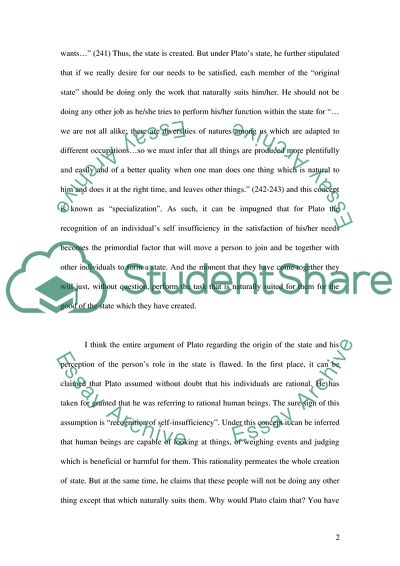Cite this document
(Dialogues of Plato: Apology, Crito, Phaedo Assignment, n.d.)
Dialogues of Plato: Apology, Crito, Phaedo Assignment. https://studentshare.org/philosophy/1713656-revolutionary-concepts-and-resulting-ideas
Dialogues of Plato: Apology, Crito, Phaedo Assignment. https://studentshare.org/philosophy/1713656-revolutionary-concepts-and-resulting-ideas
(Dialogues of Plato: Apology, Crito, Phaedo Assignment)
Dialogues of Plato: Apology, Crito, Phaedo Assignment. https://studentshare.org/philosophy/1713656-revolutionary-concepts-and-resulting-ideas.
Dialogues of Plato: Apology, Crito, Phaedo Assignment. https://studentshare.org/philosophy/1713656-revolutionary-concepts-and-resulting-ideas.
“Dialogues of Plato: Apology, Crito, Phaedo Assignment”. https://studentshare.org/philosophy/1713656-revolutionary-concepts-and-resulting-ideas.


